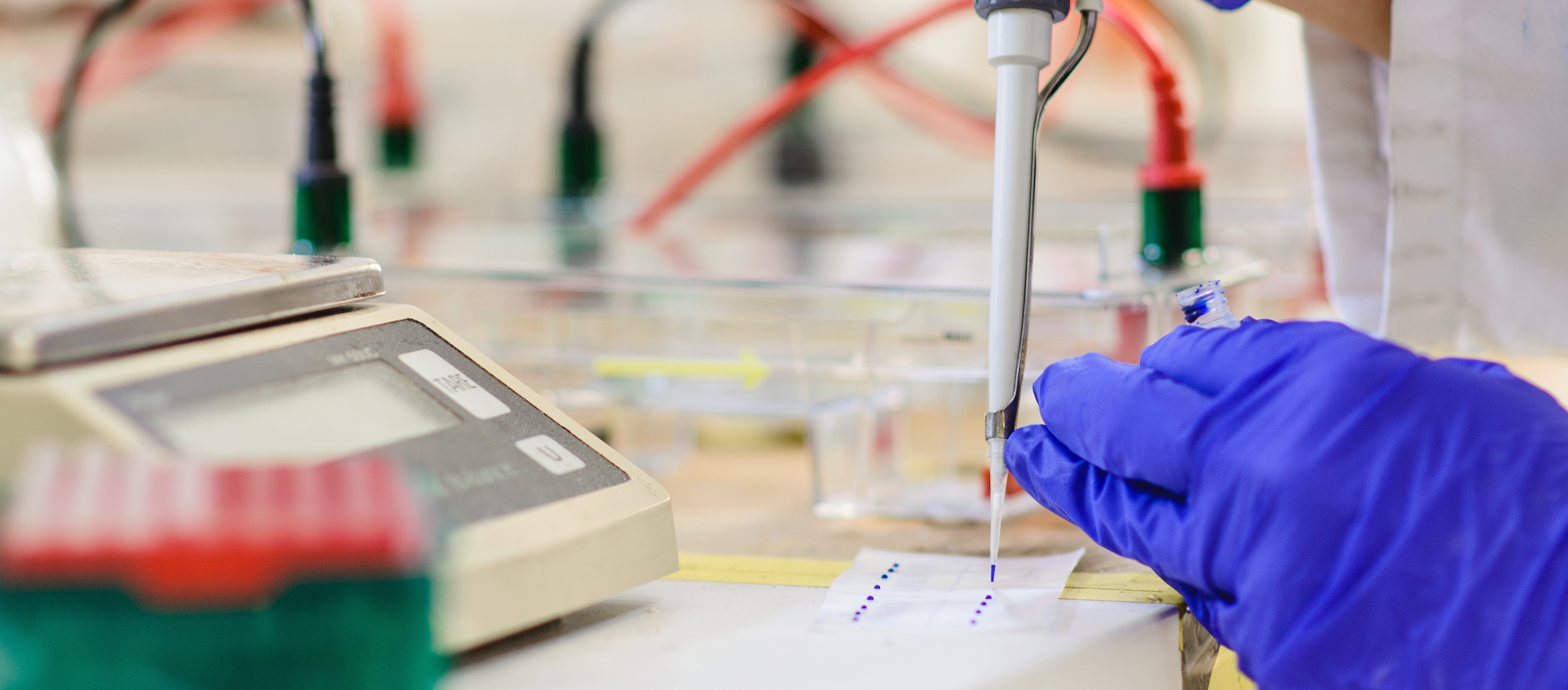Piscirickettsia salmonis is a facultative intracellular pathogen and etiological
agent of the systemic disease salmonid rickettsial septicemia. It has been
suggested that P. salmonis is able to survive in host macrophages, localized
within a vacuole like-compartment which prevents lysosomal degradation. However,
the relevant aspects of the pathogenesis of P. salmonis as the host modulation
that allow its intracellular survival have been poorly characterized. In this
study, we evaluated the role of lysosomes in the response to P. salmonis
infection in macrophage-enriched cell cultures established from Atlantic salmon
head kidneys. Bacterial infection was confirmed using confocal microscopy. A
gentamicin protection assay was performed to recover intracellular bacteria and
the 16S rDNA copy number was quantified through quantitative polymerase chain
reaction in order to determine the replication of P. salmonis within
macrophages. Lysosomal activity in Atlantic salmon macrophage-enriched cell
cultures infected with P. salmonis was evaluated by analyzing the lysosomal pH
and proteolytic ability through confocal microscopy. The results showed that P.
salmonis can survive ≥120 h in Atlantic salmon macrophage-enriched cell
cultures, accompanied by an increase in the detection of the 16S rDNA copy
number/cell. The latter finding suggests that P. salmonis also replicates in
Atlantic salmon macrophage-enriched cell cultures. Moreover, this bacterial
survival and replication appears to be favored by a perturbation of the
lysosomal degradation system. We observed a modulation in the total number of
lysosomes and lysosomal acidification following infection with P. salmonis.
Collectively, the results of this study showed that infection of Atlantic salmon
macrophages with P. salmonis induced limited lysosomal response which may be
associated with host immune evasion mechanisms of P. salmonis that have not been
previously reported.








